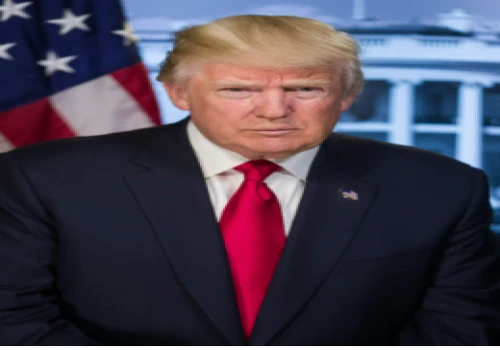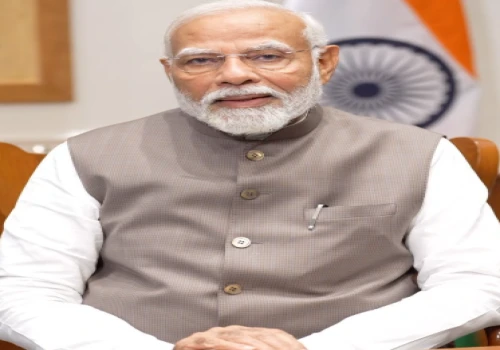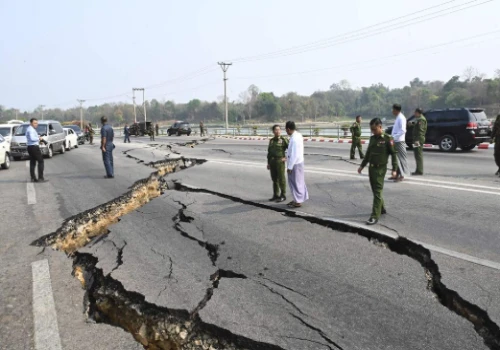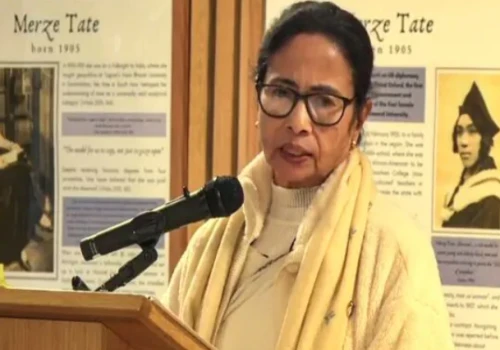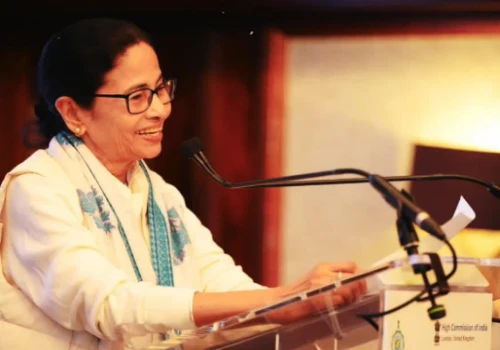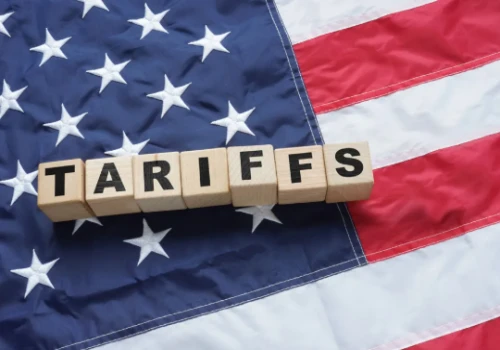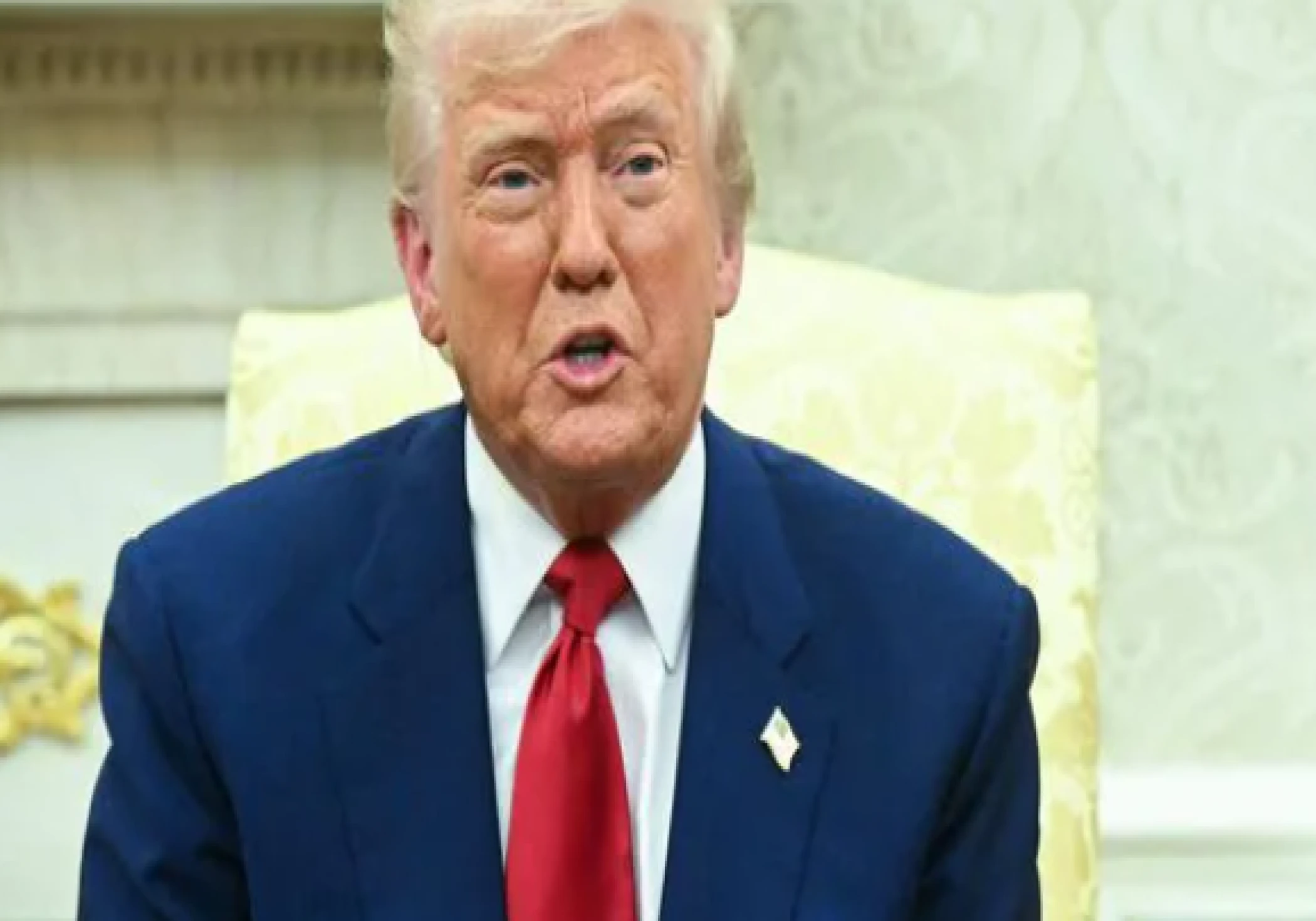
US President Donald Trump's widely criticized 26% tariffs on Indian goods have taken effect. The move, from his renewed protectionist economic agenda in his current 2024 re-election campaign, has generated hot debate in India and worldwide.
The tariff action, announced previously this year and finalized in a high-level cabinet meeting, aims at a wide array of Indian exports such as textiles, auto parts, and pharmaceuticals—sectors that underpin India's trade with America.
The move, which Hindustan Times says is geared towards "protecting American manufacturing jobs and mitigating trade deficits," is something that Trump has consistently stressed since his campaign in 2016. The economic implications of the imposition of such a high duty, however, have given Indian officials and industry heads cause for concern.
In reaction to the development, India's Ministry of Commerce and Industry is said to be considering retaliatory measures and could approach consultation via the World Trade Organization (WTO). A senior official, who asked not to be named, said, "We are examining the impact sector-wise and are ready to take proper diplomatic and trade measures."
Indian exporters, particularly small and medium businesses (SMEs), worry about substantial losses on account of their diminished competitiveness in the American market. "The unexpected rise in tariffs will discontinue supply chains and affect employment generation," observed Rakesh Bansal, a top representative of the Federation of Indian Export Organisations (FIEO).
Trump's timing of tariff action is politically sensitive, with him intensifying his re-election campaign on a 'Make America Strong Again' platform. Tariffs can also be a political strategy to rally his base support of domestic producers and blue-collar workers in target swing states.
In the meantime, the world business community is monitoring developments closely. The European Union has declared "deep concern" regarding the return of unilateral trade measures, warning that the practice could thwart global economic growth in the post-pandemic period.
India is likely to pursue diplomatic discussions with the US administration for relief or exemption. Experts further believe that the outcome of the 2024 US presidential elections will greatly affect how long and at what scale these tariffs will stay in place.
Trade analysts argue that India can turn to broadening export market horizons and building regional trade ties in turn. Meanwhile, domestic industries are called on to maximize product value and find new strategies to contain the tariff bite.
While the two countries face this tumultuous trading period, the interests at large are optimistic that there is to be a more cooperative response that serves collective economic growth not segregation.


